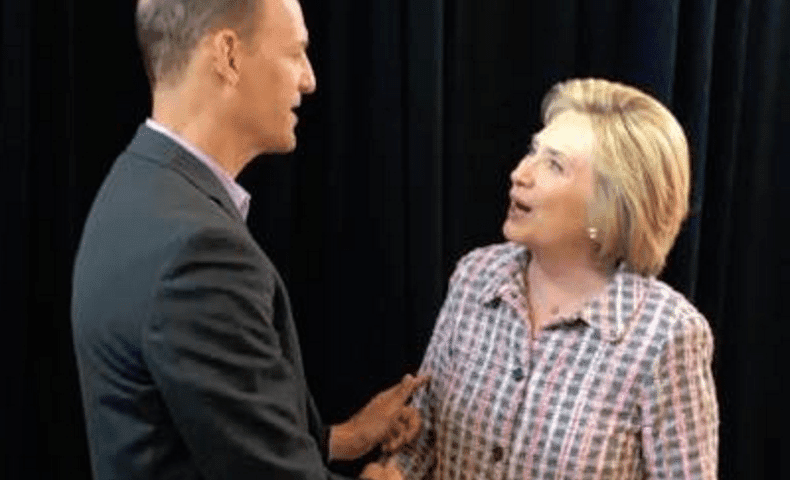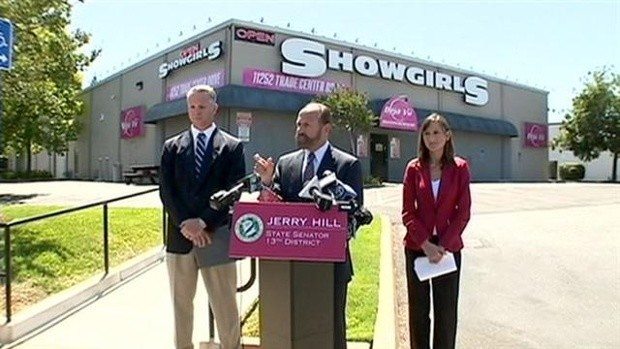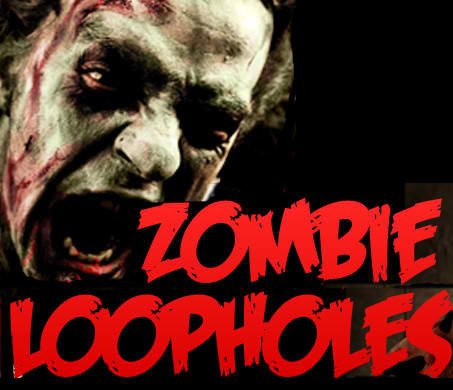

As the June 15th deadline for a California budget approaches, Kevin McCarty finds himself a power broker in a fight over billions of dollars of funding for the University of California.


On Tuesday a coalition of faculty, legislators, staff and students (pictured above) marched to Governor Jerry Brown’s office in support of greatly increased funding for the California State University system. Governor Brown’s budget for the 2014-2015 fiscal year includes $142.2 million for the beleaguered CSU system, a five percent increase in its budget. Kevin Wehr, a sociology professor at CSU Sacramento and one of the marchers, said that “the governor’s proposal is welcome but it’s not nearly enough. [The cuts to the CSU budget] were massive, deep and really hurt the ability to deliver a quality public education.”
During the recession, many state programs were hit hard by budget cuts. However, the economic downturn took a particularly devastating toll on the state university system. More than a billion dollars was slashed from its budget as California dealt with the recession. Only a small fraction has since been restored.
The CSU system faces numerous problems.


Twice a year Sacramento goes into a frenzy analyzing the state budget. First, in January, the Governor releases his proposed budget, then the “May Revise” appears as the Governor adjusts projections and heeds advice from Senators and Assembly members. The budget, however, is more than a long economic document. It becomes part of the Governor’s legacy, it’s a statement of his priorities, how he will want to be remembered and what he believes will be best for Californians.
Governor Jerry Brown is shaping a legacy based on fiscal responsibility. He wants to be remembered as the Governor who solved the debt crisis and bequeathed fiscal stability to California. Unlike his predecessor, Governor Brown has invested in education, by creating a solvent K-12 system and reinvesting, albeit modestly, in public higher education. However, he is missing some crucial elements that will undermine this success: namely, an investment in low-income families. The Governor forgot that it is working families who most need fiscal solvency.
» Read more about: Working Families Need a Better May Revise »


Two State Senators held a press conference this morning outside Déjà Vu Showgirls, one of two Sacramento-area strip clubs that the Frying Pan News documented as benefitting from a controversial tax credit program. State Sens. Jerry Hill, D-San Mateo, and Anthony Cannella, R-Ceres, urged fellow legislators to join them in reforming California’s enterprise zone program.
Criticism of the enterprise zone program, which our Gary Cohn recently investigated, seems to be gathering attention. Documents received last week by Frying Pan News showed that Déjà Vu Showgirls and Gold Club Centerfolds received a combined two dozen vouchers for tax credits of up to $37,000 per employee, despite paying most of them around $9 per hour. The program also requires no evidence of job creation. In his piece “How Enterprise Zones Are Killing the California Dream,” Cohn quotes two Californians who had been laid off while their former employers received credits for their lower-paid replacements.
» Read more about: Heat Grows on “California Dream Killer” Tax Program »


Allowing a governor to make additional cuts to a final state budget is a fairly new development in California and governors have taken to it with verve. For the rest of the state, however, the response is, generally, “What? I thought the whole thing was over!”
These codas are not, however, unusual. Over the centuries, in several venues, end-of-the-piece additions have caused audiences who had already breathed a sigh of contented (or not) relief, believing a work to be beautifully, or thankfully, over, to snap to attention at the start-up of one more reprise, act, movement or chapter.
Beethoven’s Symphony No. 6 in F Major, sometimes known as the Pastoral Symphony, for example, is one of those pieces that jolts the unwary applauder in the audience by going on for five, instead of the usual four, movements. It’s embarrassing to burst into applause only to find out there’s a coda and you’re making noise all alone.
» Read more about: State Budget: It Ain't Over Till It's Over »


(This post originally appeared in Labor’s Edge, the blog of the California Labor Federation)
Zombies are everywhere these days. They’re on popular TV shows. They’re in the movies. They’re in our nightmares. But what many Californians don’t know is that zombies are a primary reason of our ongoing budget crisis.
Yes, that’s right. We call them Zombie Loopholes, and they’re devouring our state’s budget.
Today, the California Labor Federation launched a new website to highlight the devastating impact that budget-killing corporate tax breaks are having on our state.ZombieLoopholes.com brings a number of wasteful corporate tax breaks that are bleeding our state of billions each year out of the shadows so the public is aware that they’re contributing to deep budget cuts to school funding, services for seniors and public safety.
With the state facing another budget crisis and more cuts to services we value,
» Read more about: Zombie Loopholes Are Eating California’s Budget Alive »


By Lenny Goldberg, California Tax Reform Association, and Roy Ulrich, Goldman School of Public Policy at U.C. Berkeley
(This article first appeared in the California Progress Report.)
Jerry Brown’s most recent budget proposal takes a meat ax to vital programs, including Medi-Cal and in home support services (IHHS). Why do we refer to them as “vital?” IHHS, for example, helps the disabled and seniors live safely in their own homes, thus obviating the need to place them in more costly outside facilities.
The governor’s plan represents the latest and worst in a spending cuts-only approach which California seems to specialize in. Reaping the benefits of this approach are the rich and powerful. The losers are those without high-priced lobbyists: the poor and the weak.
There are several potential revenue sources the rich and powerful have been able to avoid while other states,